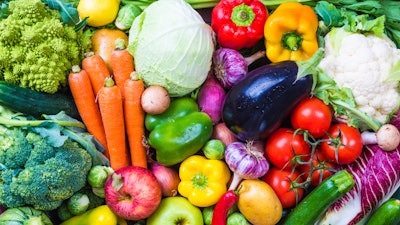
(PRNewswire) According to researchers at Technomic, more consumers now than in 2016 say they are following restrictive specialty diets. In their report, 2019 Center of the Plate: Seafood and Vegetarian Consumer Trend Report, a significant majority of consumers state they do not follow a specialty diet, but those who do are most likely to classify themselves as "semi-vegetarian" or "flexitarian."
"This desire for flexibility highlights the fact that dietary lifestyle choices are often not all-or-nothing decisions for consumers," explains Bret Yonke, manager of consumer insights at Technomic. "Semi-vegetarian and flexitarian diets appeal to those who aspire to eat healthier while still providing leeway to splurge on meat or seafood occasionally. To cater to shifting behaviors, operators can offer protein substitutes for certain dishes or create a handful of build-your-own options that give consumers an even greater level of control."
Other takeaways from the report include:
- 71 percent of consumers eat seafood at least once a month.
- 50 percent of consumers eat vegetarian or vegan dishes at least once a month.
- 27 percent of those who eat vegetarian/vegan dishes say restaurants do a good job of providing options that taste good.






















